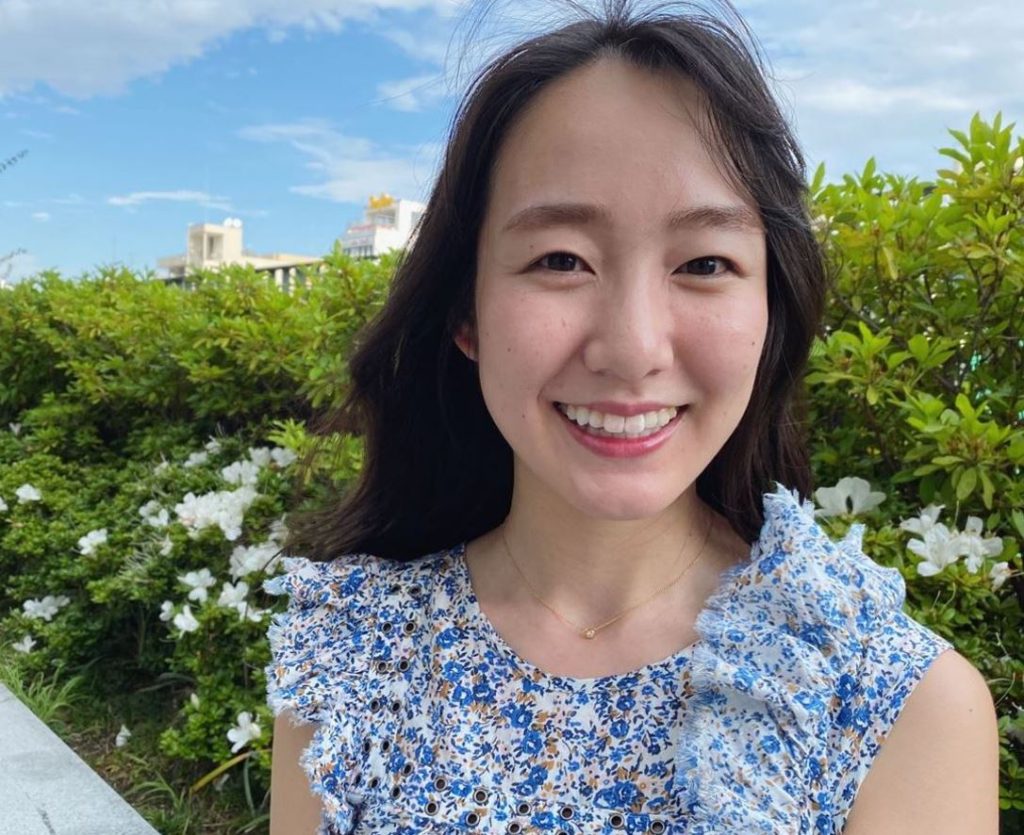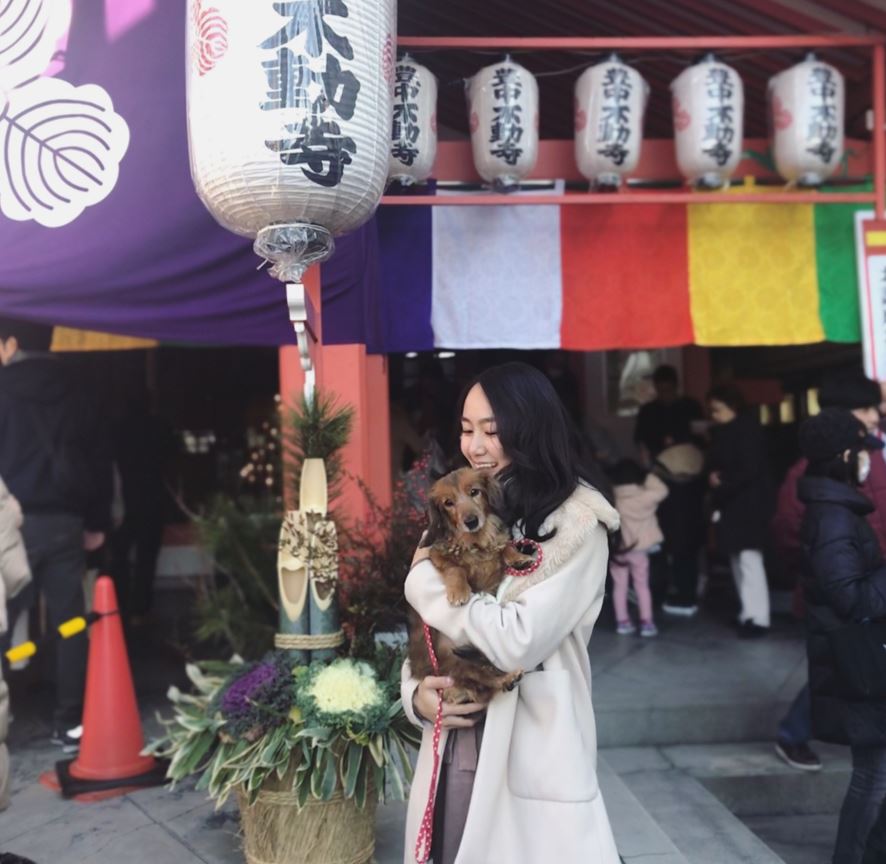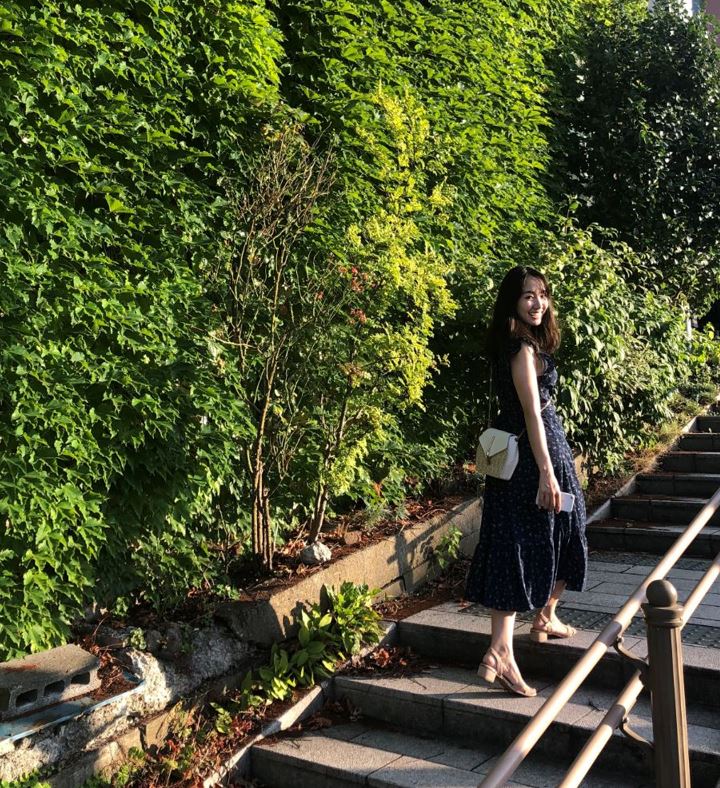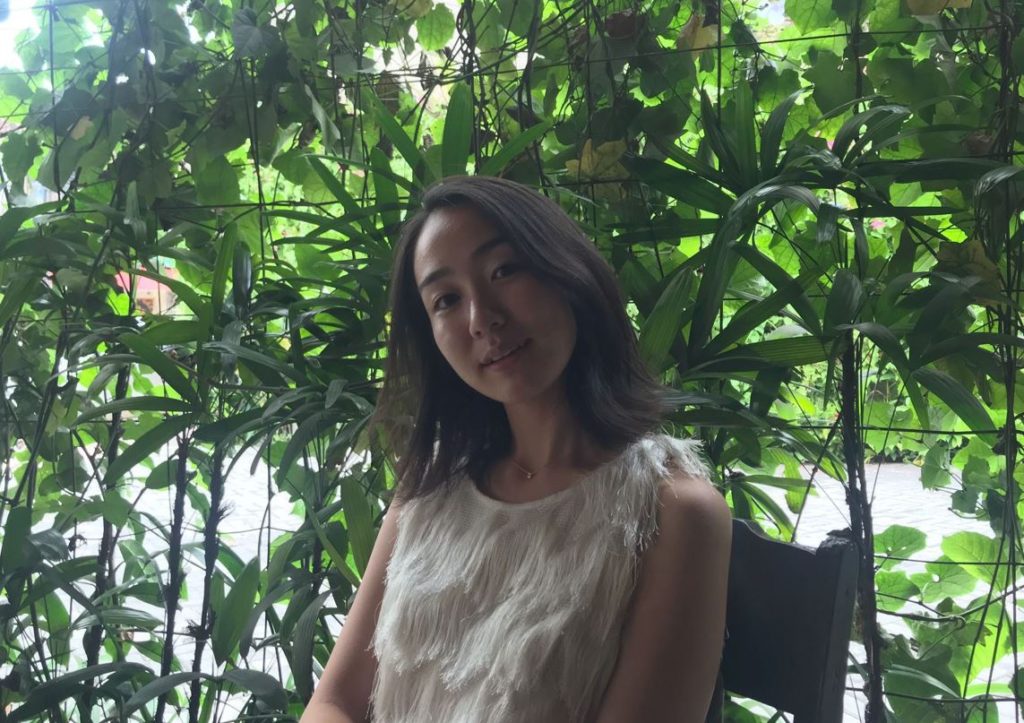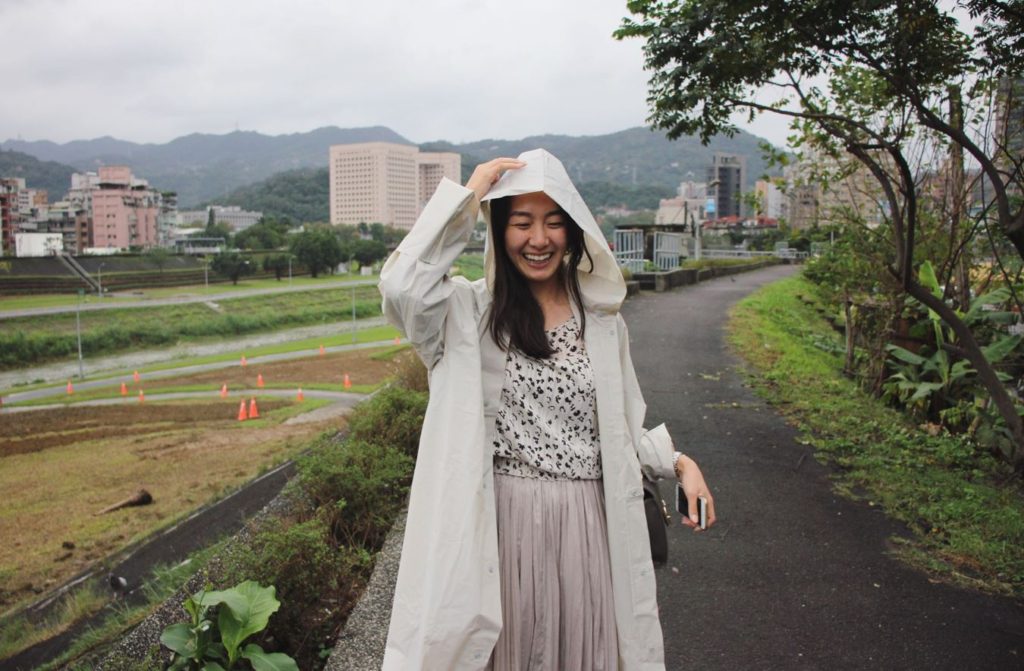Living in Japan and America with Yuka Kitajima
On Saturday 12th December, Thanh Dat led us into a new TCB Masterclass. This time, we were lucky to have Yuka Kitajima as our guest speaker. Yuka is a Learning Designer and Research Analyst based in Tokyo, Japan. Having studied in the United States during university, Yuka gave our live Zoom audience some wonderful insight into differences in living in Japan vs America. Here is what we heard, supplemented by points from our own research.
Life in Japan
Being one of the most populous cities in the world, Tokyo is an electric hub of activity. And we mean literally as well as metaphorically, as a bird’s eye would reveal a sea of lights sparkling the commercial hub. With their city’s perennial activity, the people of Tokyo value efficiency and timeliness. In fact, one of the worst things one can do is be late. That’s a paramount rule of life in Japan, be punctual.
Yuka Kitajima lived this busy life from her youth. Guided by a principle to always do her best, a typical daily routine would see Yuka: wake up at 6.30am to practise trumpet, attend school, participate in extracurricular activities, then study until late. Later on, Yuka spent her weekends practising for her English qualification classes, volunteer at events, and run education camps.
Life in America
Remembering her university education at DePauw University in Greencastle, Indiana, Yuka fondly described her initial struggles in adapting to American life. In 2013, a thematic question asked by all university students seemed to be “Do you watch Netflix?”, followed by “Do you watch Friends?”.
Innocent as this question may have been, Yuka found herself stumped. In a problem shared by a few Japanese international students in the U.S., Yuka’s English swayed toward what she had learnt academically, rather than socio-culturally. So she initially couldn’t understand. “Are they asking if I watch my friends?”, a head-scratching Yuka would be puzzled by.
The multicultural population of the U.S. is considerably larger than that of Japan. With around 98% being ethnic Japanese, it could be argued that Japanese culture is fairly homogeneous. There is an expectation that everyone understands rules of society and tradition. In contrast, American urban demographics have long included Hispanic, Asian and other ethnic groups.
With the support of a national make-up of diverse cultures, Yuka grew in comfort with her identity. It wasn’t that Japanese defined her, but more that it was a part of her.
Japanese lifestyle
During a TCB Masterclass, an important aspect of learning about Global Citizenship is its application in communication. The audience would have appreciatively noticed Yuka’s polite and personable manner of conversation. The conversation with Thanh Dat, and to the audience, was always friendly, engaging and open.
However, a comparison with typical Japanese attitudes towards conversations would reveal a difference in friendliness. Though Japanese people are undoubtedly polite, their social interactions are guided more by formality. Whereas people in America may hug to say goodbye, Japanese people tend more toward bowing. Whilst American people may be taught to look someone directly in the eye when conversing, Japanese people may feel uncomfortable with extended eye contact. Above all, conversation may be felt as less direct in Japan.
Japanese international students in the U.S.
“I processed everything in English. I felt my emotions in English”. The eventual influence of a new country on Yuka was telling in not only the way she spoke, but the way her thoughts worked. Whilst it was rewarding that she was able to seamlessly participate in University activities, there was a tinge of discomfort when Yuka returned to Japan. Having lived abroad for such a long time, she found it difficult at first to settle back into the Japanese communication that her parents and friends were familiar with.
With many other Japanese international students in the U.S., Yuka’s experience can be of comfort. It’s perfectly normal to grow into thinking in a different language!
Empowering a new system of education
Returning to Japan, Yuka brought an internationally-refreshed way of thinking toward her passion, education. Seeing school students learning language in ways that weren’t effective, Yuka strived to develop new teaching methods and learning courses. On this path, Yuka joined Taktopia, a company which shared her vision of dynamic, globally-focused education classes which prepared students for life, and not just the classroom. Yuka currently impacts many students through her work in learning design and research. In addition to Taktopia, Yuka works in two other organisations. iLeap, a Seattle-based social purpose corporation with a mission to nurture a new generation of globally-minded leaders, and Miratuku, a non-profit organisation based in Japan.

